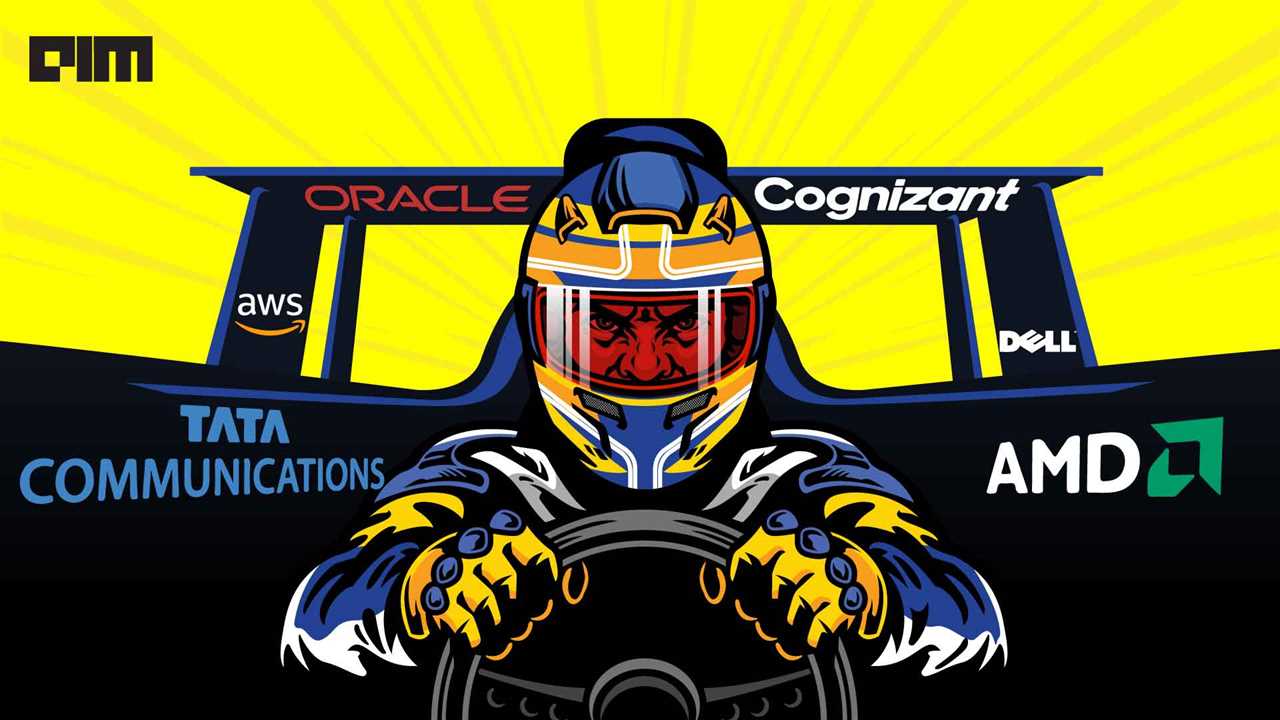
The recent surge in global interest in Formula 1 or F1 can largely be attributed to the success of the Netflix documentary ‘Drive to Survive’—a multi-season, behind-the-scenes of the world’s biggest racing championship. Considering the platform’s reach, it would be tough to argue otherwise. However, this renewed fascination for the sport is also telling of a larger, global interest in technology and its impact on everyday life since we are yet to witness another sport embrace new technology as wholly as F1 in its evolution.
As one of the fastest-growing tech economies in the world, India, too, has witnessed a similar revival of interest for F1. According to F1 Motorsport, India currently ranks fifth among global audiences for F1 races, with nearly 32 million followers.
Ahead of the 2022 season, Tata Communications announced the renewal of its partnership with Formula 1 as the Official Broadcast Connectivity Provider. The company provided global end-to-end managed network services for video contribution, which included the transfer of more than 100 video feeds and over 250 audio channels (equivalent to an estimated 500 terabytes of video and data per event traveling through the ultra-fast network) at every single race on the calendar. Spanning across five continents, Tata’s technology delivered full season broadcasts to over 500 million audiences globally. It further helped F1 shift live data analysis and video production from each circuit to a centralized Remote Operations Centre, thereby enabling a 34% reduction in the sport’s traveling freight since 2020.
Why Formula 1?
Like all races, Formula 1 is essentially about speed. Whether an F1 car wins or loses ultimately depends on how long it can stay in the lead and how well the team is able to leverage machine learning, data analytics, edge computing, and data science. Through partnerships with tech giants like AMD, Cognizant, Dell and Oracle, these teams leverage big data analytics to simulate, analyze and enhance their cars’ performance on the track. Numerous sensors—on the vehicle and the driver—track and transmit data continuously to drive real-time decision-making and simultaneously provide teams with personalized perspectives on future performance.
(Source: Mapfre Analytics)
Each team, with two cars on track for every race, reportedly produces 11.8 billion data points in the course of one season. This data, once collected and analyzed, dictates every aspect—from race strategy to future upgrades. It is therefore understandable that technology such as big data analytics, cloud computing, predictive analytics and prescriptive intelligence drive strategic business decisions in F1 and also why the sport has garnered such investment from big tech firms like AWS and others.
But, there is more to these collaborations than meets the eye.
From ‘data war’ springs ‘data advertisement’
“F1 is a battle between the world’s best drivers, but it’s also a battle of some of the world’s most innovative engineers,” said Rachel Thornton, AWS vice president, worldwide marketing.
In early 2021, IT services giant Cognizant announced their multi-year partnership with the Aston Martin F1 team which was returning to the sport after 60 years. Aside from tech-centric aspects, the company claimed that their sponsorship was also about global reach, visibility and customer activation. According to company officials, Cognizant too witnessed higher retention and recruitment as a result of that partnership.
Meanwhile, Dell Technologies announced the continuation of their multi-year partnership with the McLaren Formula 1 team in 2021 with the aim to drive technological innovation along with brand engagement—reporting a 50% boost in engagement among our key audiences.
Likewise, when AMD announced their partnership with the Mercedes-AMG Petronas F1 team in 2020, their strategy focused keenly on brand association along with establishing that their technology powers Mercedes’ F1 car in order to attract customer preference.
AWS, the official cloud service and machine learning provider for Formula 1 since 2018, similarly stated that their partnership with the sport has helped showcase the business impact of the cloud on a global scale. AWS’ technology enables Formula 1 to improve the way it uses data for its business and, through their partnership, communicates this impact to business leaders and customers alike, especially when they experience the sport through a variety of channels including onsite Grand Prix races.
While all these collaborations have worked out seemingly well in the light of F1’s newfound popularity, the larger concern is whether a similar brand engagement and client activation would occur in markets like India, where interest in F1 is still gaining its footing.
Indian Grand Prix – a dream away
While the announcement of the Tata–F1 partnership earlier this year sparked speculations about whether an Indian Grand Prix could happen in the near future, the return of F1 seems unlikely as of now. According to Former Indian F1 driver, Karun Chandhok, it depends entirely on the funding initiatives of the government for the sport to make a comeback in India.






